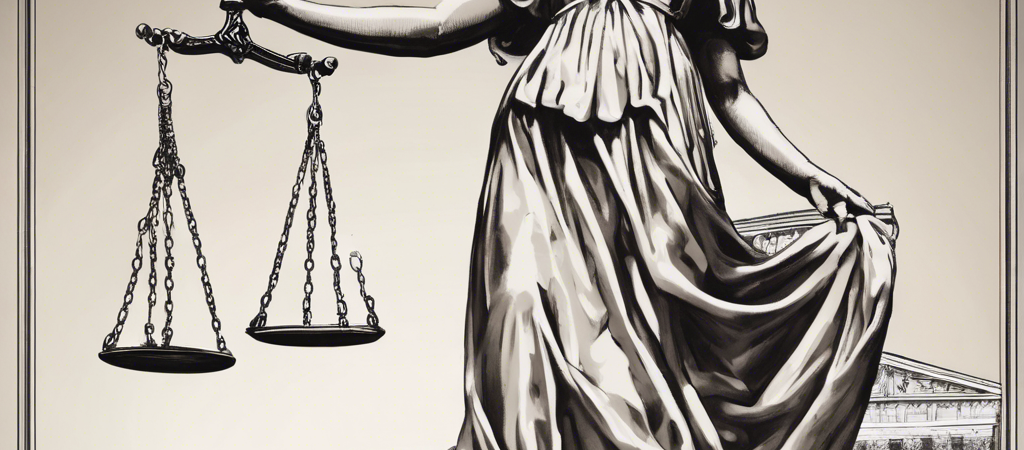In a recent judgment, the Supreme Court of India provided critical clarity on the applicability of the Limitation Act, 1963, to applications for appointing arbitrators under the Arbitration and Conciliation Act, 1996. This ruling has significant implications for parties involved in arbitration, especially regarding the timelines for initiating arbitration proceedings.
Key Issues:
- Applicability of Limitation Act, 1963: The judgment addressed whether the Limitation Act applies to applications for the appointment of arbitrators under Section 11(6) of the Arbitration and Conciliation Act, 1996. The court confirmed that Article 137 of the Limitation Act, with a three-year limitation period, applies to such applications.
- Commencement of Limitation Period: The limitation period for filing an application under Section 11(6) begins only after a valid notice invoking arbitration is issued, and the opposing party either fails or refuses to appoint an arbitrator.
- Barred by Limitation: The court held that the petition in this case was not barred by limitation. The petitioner issued a notice invoking arbitration on November 24, 2022, and the petition for appointment of an arbitrator was filed on April 19, 2023, within the three-year limitation period.
- Ex-Facie Time-Barred Claims: The court also addressed whether claims could be considered ex-facie time-barred or dead at the commencement of arbitration. It was held that claims were not ex-facie time-barred in this case, as the arbitration notice was sent within three years from when the cause of action arose.
Key Points:
- Franchise Agreements (2013): Disputes arose between the parties from agreements signed in 2013 regarding non-payment of royalties and renewal fees.
- Execution of ICCR Project (2017): The petitioner executed a short-term English training course in Kabul, Afghanistan, for the Indian Council for Cultural Relations (ICCR), which led to disputes over payments.
- Dispute over Payment: The petitioner alleged non-payment by the respondent for the ICCR project and initiated legal proceedings after failed attempts at settlement, including a pre-institution mediation in 2022.
- Applicability of Limitation: The court clarified that the limitation period for appointing an arbitrator under Section 11(6) is three years, starting after the refusal or failure to appoint an arbitrator following a valid arbitration notice.
- Parliamentary Amendment Suggested: The judgment suggested that Parliament should consider amending the Arbitration Act to prescribe a specific limitation period for applications under Section 11 to align with the act’s objective of speedy dispute resolution.
Key Takeaways from the Judgment:
- Three-Year Limitation Period Confirmed: The court unequivocally held that the Limitation Act, 1963, specifically Article 137, applies to arbitration petitions under Section 11(6) of the Arbitration Act. This means that parties have three years from when the right to apply for arbitration accrues to file their petition in court.
- When Does the Clock Start? The limitation period begins only after a valid notice invoking arbitration is issued, and the other party fails or refuses to appoint an arbitrator within the stipulated time. In this case, the petitioner’s actions were within the permissible time frame, and the petition was deemed timely.
- Not All Claims Are Time-Barred: The court also ruled that merely because a substantial amount of time has passed, it does not automatically render the claims time-barred. As long as the arbitration is invoked within three years from the cause of action, the claims can be adjudicated.
- Need for Legislative Clarity: The judgment highlighted a gap in the Arbitration Act and suggested that the legislature should amend the act to provide a specific limitation period for arbitration applications. This would enhance the efficiency and predictability of the arbitration process.
The Supreme Court’s ruling in M/S Arif Azim Co. Ltd. v. M/S Aptech Ltd. offers significant clarity on the application of limitation laws to arbitration proceedings in India. By confirming that Article 137 of the Limitation Act, 1963, applies to applications under Section 11(6) of the Arbitration and Conciliation Act, 1996, the Court has reinforced the importance of adhering to statutory timelines in arbitration-related actions.
This judgment is particularly crucial for parties involved in commercial contracts that include arbitration clauses. It highlights the necessity of being vigilant in invoking arbitration promptly to avoid the dismissal of claims as time-barred. The Court’s emphasis on the commencement of the limitation period only after a valid notice invoking arbitration has been issued provides a clear procedural guideline for practitioners and businesses alike.
Moreover, the ruling underscores the limited role of courts in determining whether a claim is time-barred during the appointment of an arbitrator. The Court has made it clear that unless the claims are manifestly and obviously time-barred, the question of limitation is generally left to the arbitrator to decide. This approach aligns with the pro-arbitration stance of the judiciary, promoting arbitration as an efficient and effective means of dispute resolution.
For businesses, this judgment serves as a reminder to act with diligence and ensure that arbitration is invoked within the appropriate timeframe. Failing to do so could result in the loss of the right to have disputes resolved through arbitration, potentially leaving claims unaddressed. Additionally, the judgment calls attention to the need for legislative amendments to specify limitation periods for arbitration applications, which could further streamline the arbitration process and reduce ambiguity.
In summary, the Arif Azim case reinforces the critical role of limitation periods in arbitration and the importance of timely action to protect one’s legal rights. It serves as a guiding precedent for future arbitration cases, ensuring that the principles of fairness and efficiency are upheld in the resolution of commercial disputes.
For any queries please email me at Info@saqibgigani.com
The above is an interpretation and expression of the author. All cases have unique circumstances and events which require to be considered before commenting on the Law. Each legal case is unique, with its own set of circumstances and facts that must be carefully considered before any legal advice or opinion can be given. Therefore, while the article aims to enhance legal knowledge and assist individuals in understanding the law, it should not be used as a substitute for professional legal advice. It is strongly recommend that you consult with a qualified legal professional to discuss your specific situation before making any legal decisions or taking any action.

